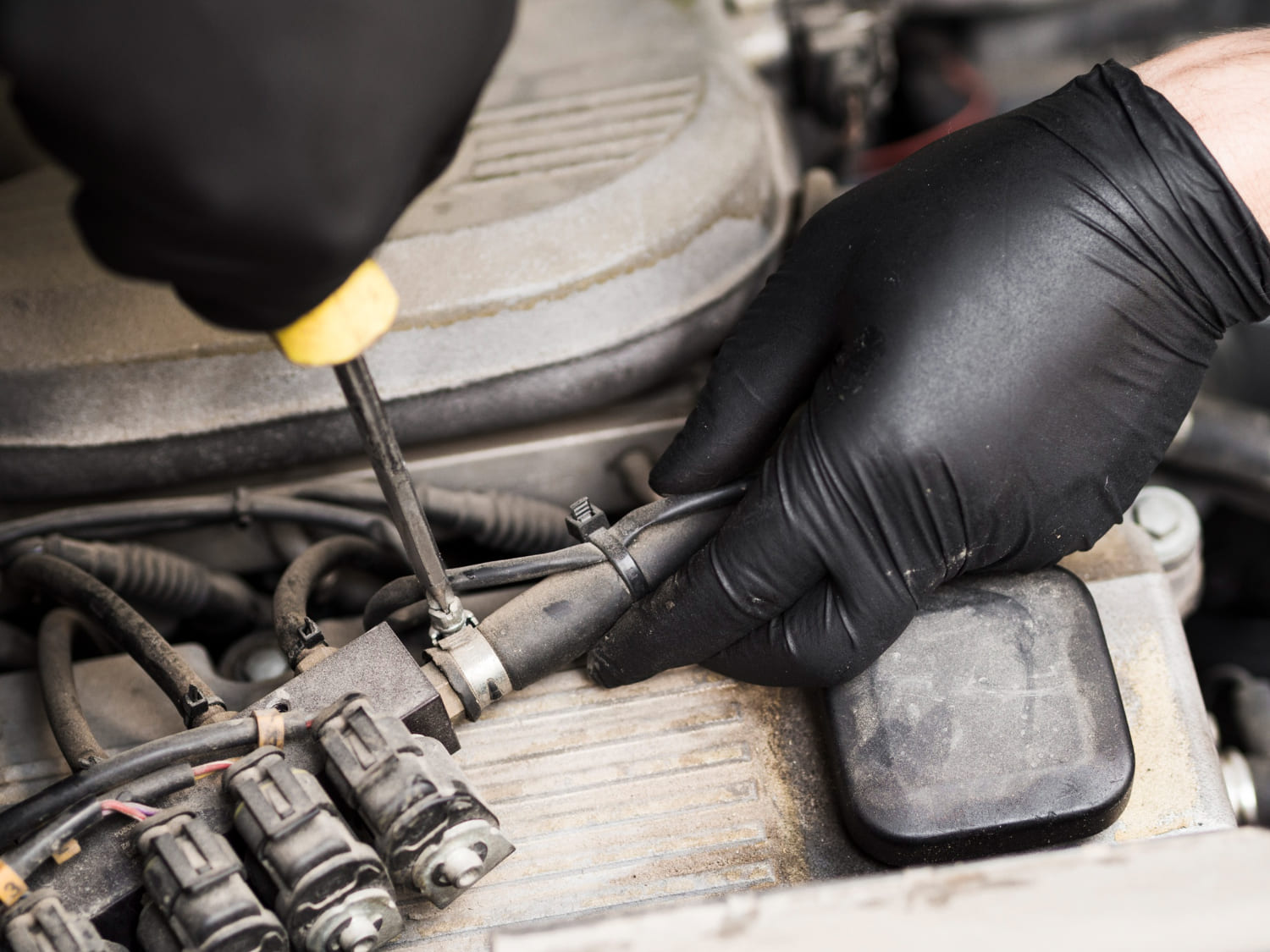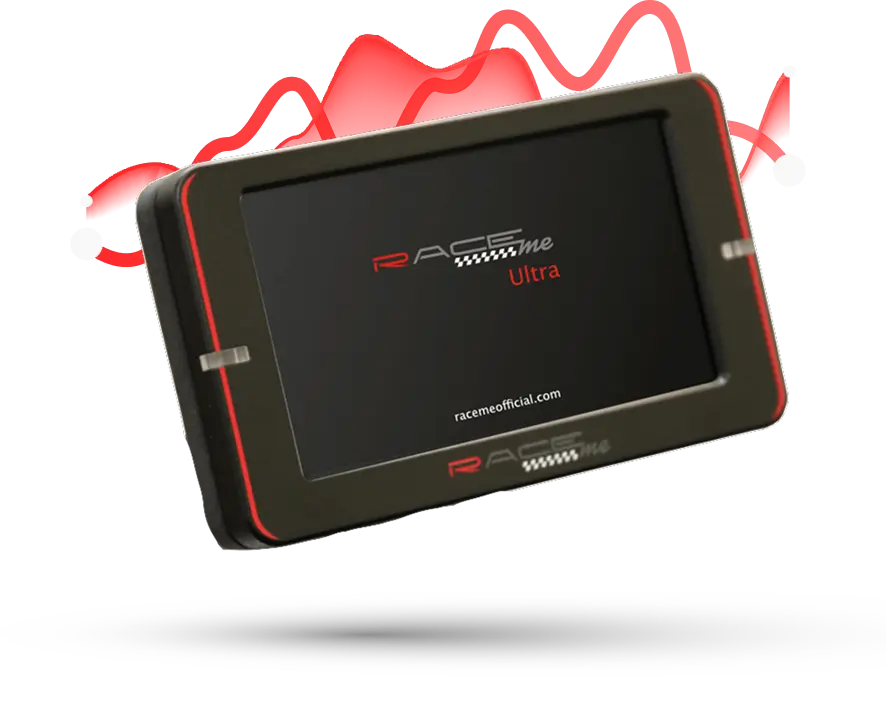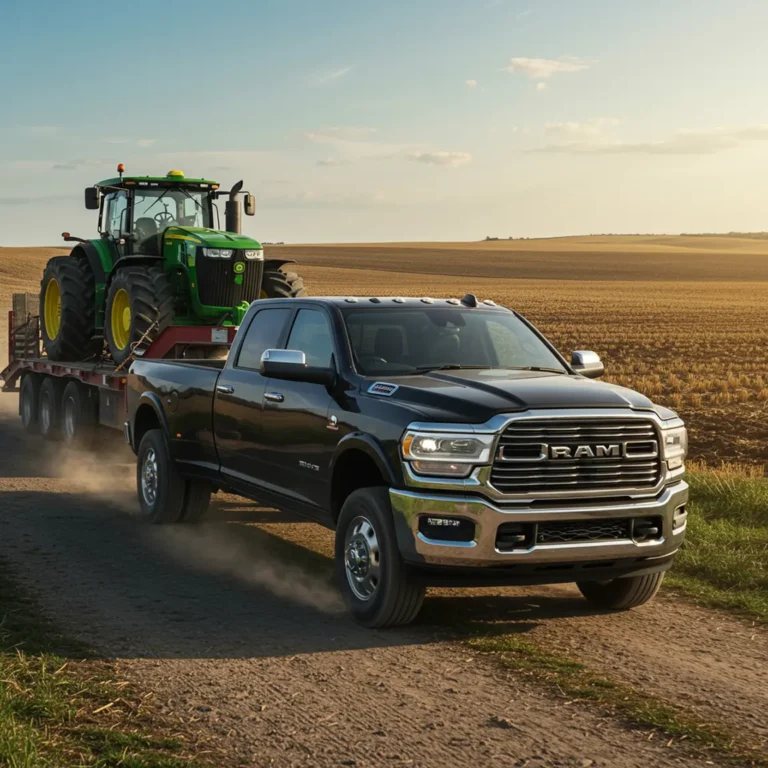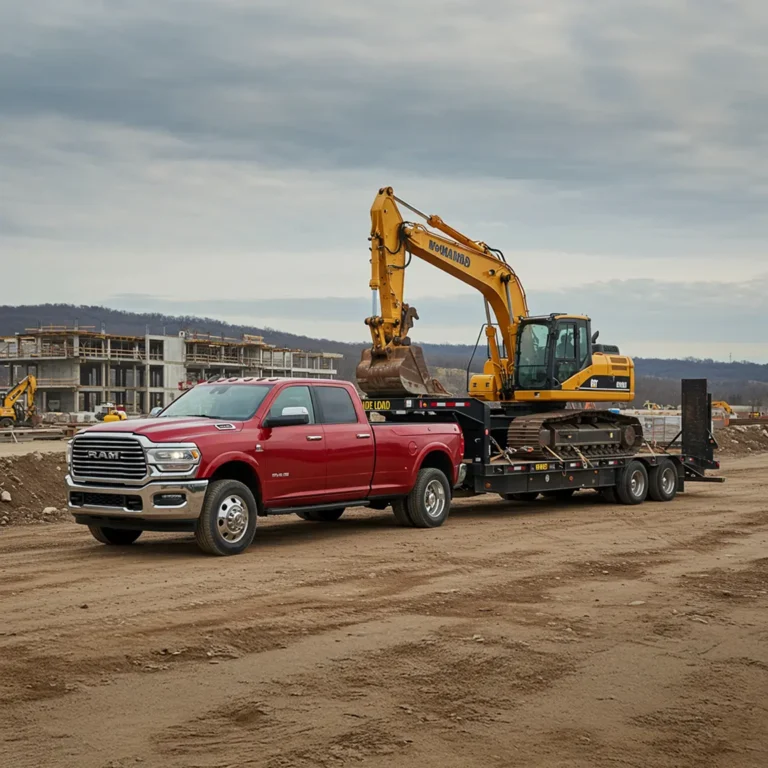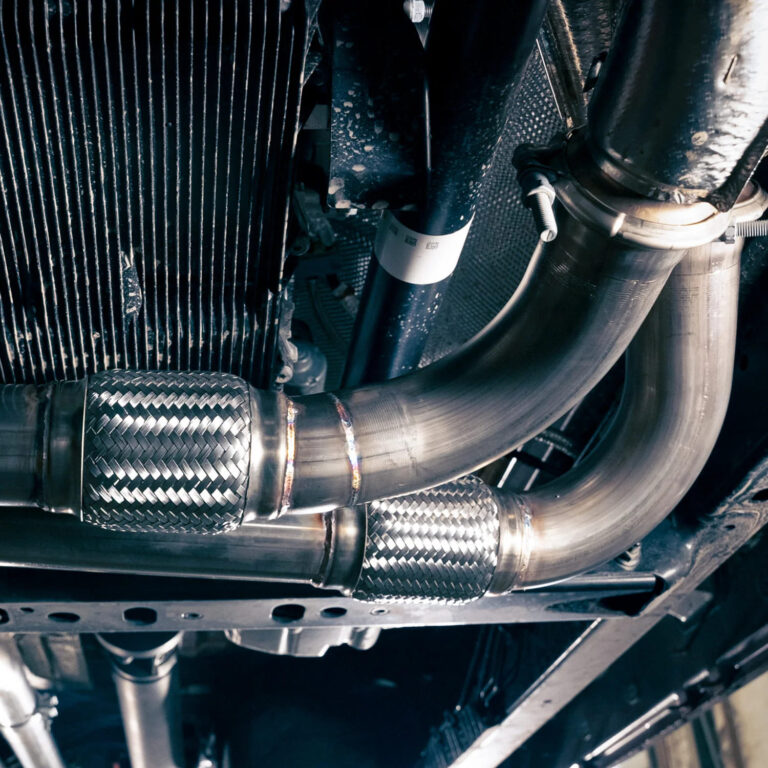If you’re driving a diesel truck and you’ve just dropped money on a performance tune hoping for instant magic… hold on. A proper tune can unlock meaningful gains—but it’s not a cure-all for an already failing machine. In fact, putting a high-performance tune on a mechanically compromised truck can sometimes accelerate further issues. Let’s dig into why your diesel tune won’t fix a broken truck and what you should do instead.
Understanding What a Diesel Tune Is
First, a quick refresher. A diesel tune (also called an ECU reflash or calibration) means adjusting the engine control unit (ECU) parameters: things like fuel delivery, boost pressure, timing, etc. The goal is to optimize performance for your truck’s setup. Many shops advertise gains in horsepower, torque, or fuel economy.
But—here’s the key—a tune is not a substitute for mechanical soundness. It cannot repair failing hardware, worn-out components, collapsed fuel system parts, or hidden internal engine damage. It’s a calibrator, not a mechanic.
Imagine you have a leaky roof and you paint it a fresh color. The paint may look good, but the leak stays. A tune is like that paint. If the foundation is broken, you’ll still have problems.
Why a Tune Doesn’t Fix Underlying Mechanical Failures
There are several common failure modes in diesel trucks, and a tune alone can’t resolve them:
Worn Fuel/Injection System
If your fuel injectors are leaking, your fuel pump is failing, or your rail pressure is inconsistent, then simply pumping up the fuel rate via tune won’t solve the root issue. In fact, it can worsen them.
Weak Turbo or Air Intake Issues
If your turbo isn’t producing correct boost, or if air leaks exist in the intake/tracking system, then the calibration will over-compensate and you’ll still lack performance. A tune assumes the mechanical system can respond.
Engine Internal Wear or Damage
If there are worn bearings, piston ring wear, cracked head gaskets or other internal problems, no amount of tuning will restore factory reliability. The internal condition determines how much tolerable performance you can extract.
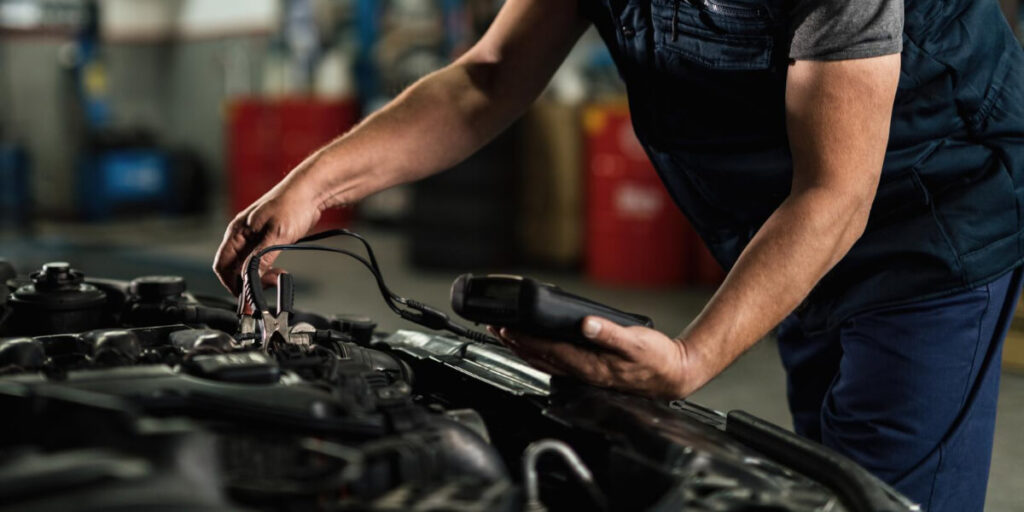
Mistakes People Make: Why the Tune Looks Like the Problem
It’s easy to blame the tune when things go wrong—but often the tune is just the revealer of pre-existing problems. Here are common mistakes:
- Jumping to the fun stuff first: Many truck owners get excited about “more power” and treat the tune like the first upgrade. But if you skip maintenance (filters, fluids, hoses, boots, fuel system drains) you’ll build on shaky ground.
- Assuming all trucks respond the same: A stock tune is conservative by design. If your mechanicals are worn, the “headroom” for improvement is smaller. A flashy tune won’t magically restore lost compression.
- Ignoring warning lights or limp mode: If your truck is already showing codes or derate warnings, tuning may just push you into deeper trouble. Clear those codes and find the root cause first.
- Working with a generic tune rather than a tailored one: One-size-fits-all calibrations may not account for specific mechanical condition, fuel quality, running temps or environment. The result? Less gain, more risk.
These mistakes lead to scenarios where the truck still feels “broken” after the tune—and the owner wonders why they wasted money.

Unlock the absolute pinnacle of power, efficiency, and drivability. Our experts craft every tune to perfectly match YOUR RAM, YOUR modifications, and YOUR goals.
How to Tell If Your Truck Is Ready for Tuning
Before you plug in a new tune, do a reality check. Here’s a checklist to assess mechanical readiness:
- Filter and fluid condition: Is your fuel filter clean? Air filter fresh? Oil change current?
- Fuel system health: Does the truck have consistent rail pressure?
- Intake and turbo integrity: Are hoses intact? Is there excessive shaft play in the turbo? Are intercooler pipes clear?
- Compression and internal health: This is harder for DIY, but if you already have unusual smoke (blue or white) or knocking noises, internal wear may be significant.
What a Tune Can Do (When the Truck Is Healthy)
Assuming your truck is mechanically sound, a professional tune can deliver meaningful benefits:
- Increased horsepower and torque – The engine breathes better, uses more fuel intelligently, and boosts can be better exploited.
- Improved fuel economy (in specific usage scenarios) – When tuned for efficiency rather than max power, you’ll see lower fuel consumption.
- Better throttle response and driveability – Instead of feeling sluggish and flat, your diesel should feel more lively.
- Tailored calibration to your modifications – If you’ve upgraded intake, turbo, injectors or exhaust, a tune is essential to unlock that hardware and ensure everything works together.
At the end of the day, a well-done diesel tune is a powerful tool in your performance arsenal—but it’s not a magic wand. If your truck has underlying mechanical issues, the tune will highlight them, and you may end up disappointed.
If you go into the process with eyes open—ensuring your truck is physically ready, choosing a quality tune, and maintaining realistic expectations—you’ll see far better results. On the flip side, by ignoring mechanical health and rushing into a “power tune” you risk spending money and still having a truck that feels “broken.”

